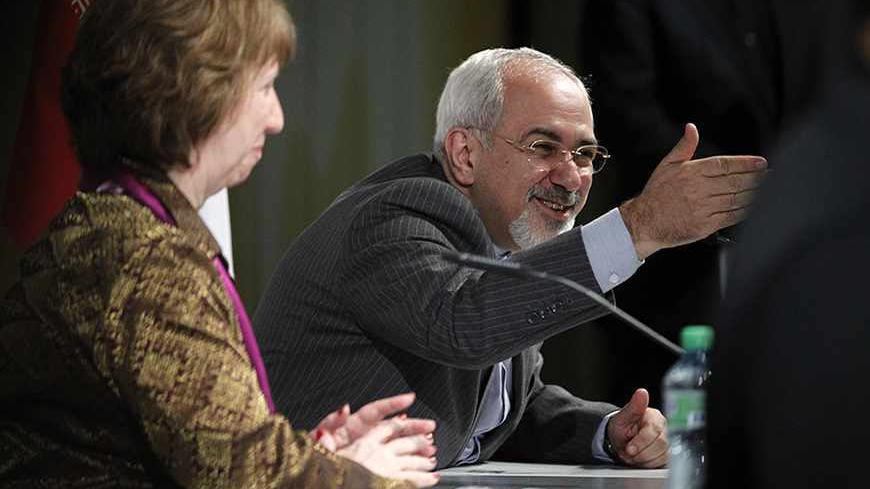As diplomacy around a possible US-Iranian nuclear deal enters a critical phase, Naftali Bennett, Israeli minister of economy, religious services, and Jerusalem and diaspora affairs, traveled to Washington last week to lobby key members of Congress. His goal was to persuade them not only to resist any relaxation of sanctions on Iran, but indeed to ratchet them up. Speaking at the Brookings Institution on Nov. 14, Bennett made a powerful argument whose potential resonance with lawmakers makes it worthy of closer scrutiny.
Iran, he said, is like a boxer who has been knocked to the mat, gasping for air as the referee counts, "Six, seven, eight ... " Why, then, should we help him to his feet just as we are about to win the match? Furthermore, Bennett asked, does anyone really believe that relaxing sanctions will lead to more leverage over Iran six months down the road when trying to extract further concessions and close the deal? Of course not. It is a simple matter of logic that we would have less leverage and thus that Iran would wiggle off the hook and continue along the path to a nuclear weapon.



